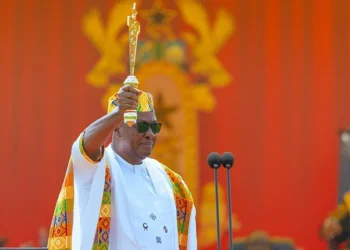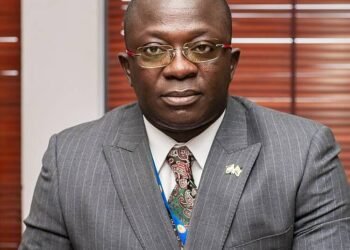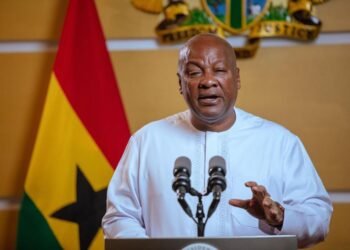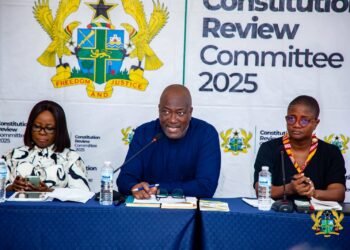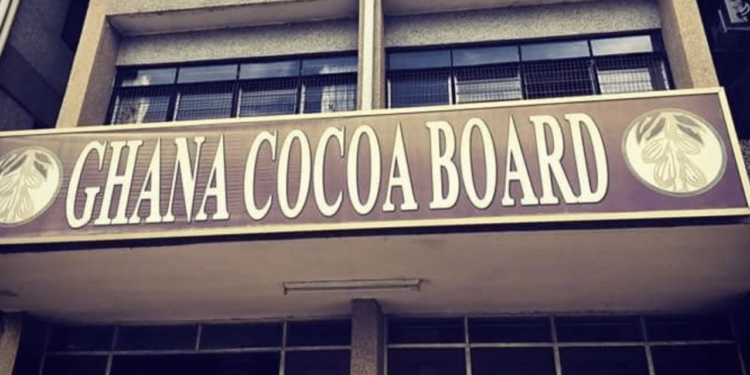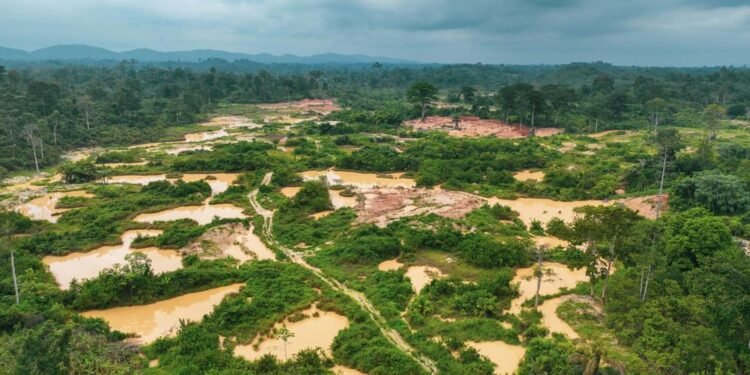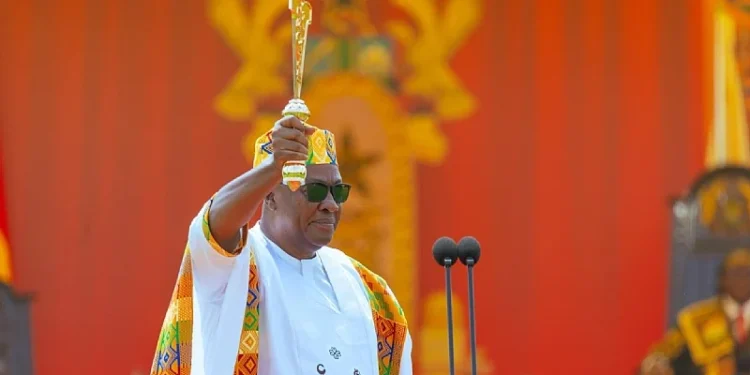The Supreme Court is once again set to become the center of a high-stakes constitutional battle as Henry Nana Boakye, the National Organizer of the opposition New Patriotic Party (NPP), prepares to challenge President John Dramani Mahama’s recent US deportee deal.
President Mahama reached an agreement with the United States to accept deportees from West Africa, leading to 14 individuals being brought into Ghana and subsequently repatriated to their home countries, with more deportees expected to arrive.
Nana Boakye strongly criticized the President’s move, describing it as a blatant violation of Article 75 of the 1992 Constitution.
Armed with this precedent, he announced his intention to return to the Supreme Court to seek enforcement of the law.
“I will…be heading back to the Supreme Court to seek the enforcement of Article 75 of the Constitution in order to abate the ongoing assault on the Constitution by the Executive.”
Henry Nana Boakye
His attack also targeted Hon. Samuel Okudzeto Ablakwa, Ghana’s Minister of Foreign Affairs, who has been defending the government’s position.
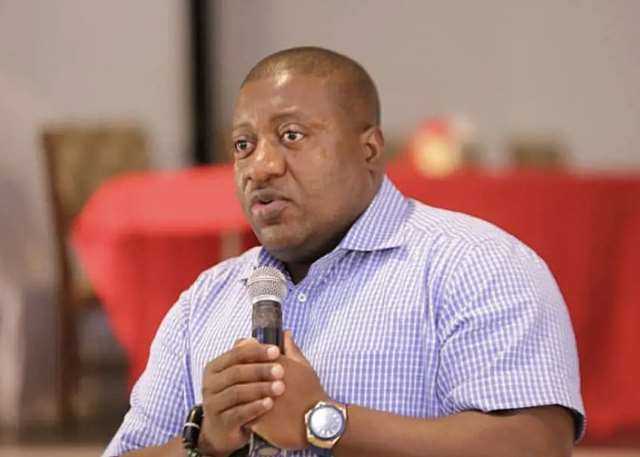
Hon. Ablakwa argued that the arrangement was merely a Memorandum of Understanding (MOU) and therefore did not require parliamentary ratification.
However, Nana Boakye insists that this defense is incoherent and legally flawed, emphasizing that Ghana’s supreme law makes no exceptions based on the terminology of such agreements.
Referencing the Gitmo 2 Case
Drawing parallels to a previous legal battle, Nana Boakye recalled his involvement in the landmark Gitmo 2 case in 2016.
At the time, he and Margaret Banful, represented by lawyer Nana Adjei Baffour Awuah, challenged the Mahama administration’s decision to accept two former Guantanamo Bay detainees — Mahmud Umar Muhammad Bin Atef and Khalid Muhammad Salih Al-Dhuby — without prior approval from Parliament.
The Supreme Court, after an extensive review of the case, declared the Mahama administration’s actions unconstitutional. On June 22, 2017, the Court delivered a ruling that left no ambiguity about the role of Parliament in international agreements. It stated:
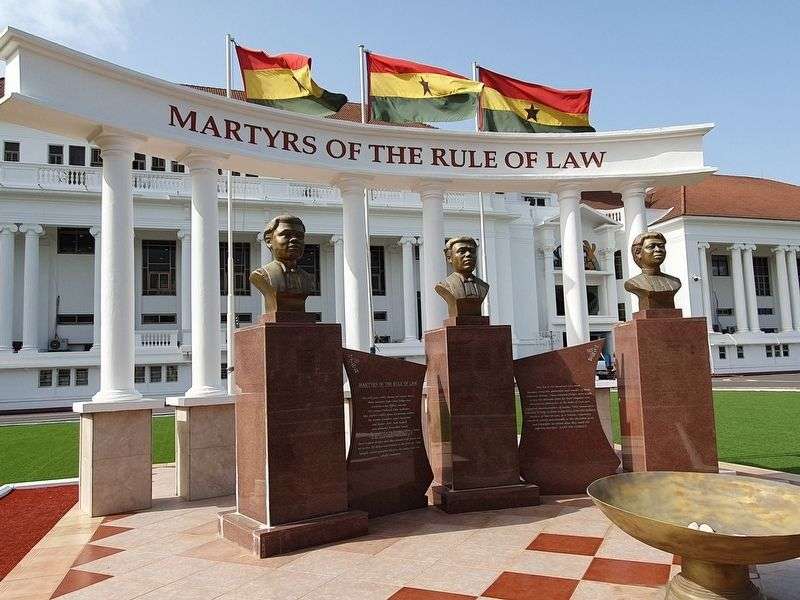
“The language of Article 75 is perfectly clear. The article forms part of the set of provisions governing the role of the executive arm of government in Ghana’s international relations. The scope of the article deals with treaties in general (c.f. the side notes), and the body of the text makes reference to ‘treaties, agreements and conventions.’
“It is also clear that the instruments referred to relate to Ghana’s international relations with other countries or groups of countries, and the article requires that such instruments must be ratified by Parliament.”
Henry Nana Boakye
The Court concluded unequivocally that the transfer of the two detainees required ratification by either an Act of Parliament or a resolution supported by more than half of all Members of Parliament.
Without such ratification, the agreement was deemed unconstitutional.
Mahama Slammed For Ignoring Constitution Amid US Deportee Deal
Henry Nana Boakye further warned that this persistent and flagrant disregard for both the Constitution and the authority of the Supreme Court posed a serious threat to the country’s democratic governance.
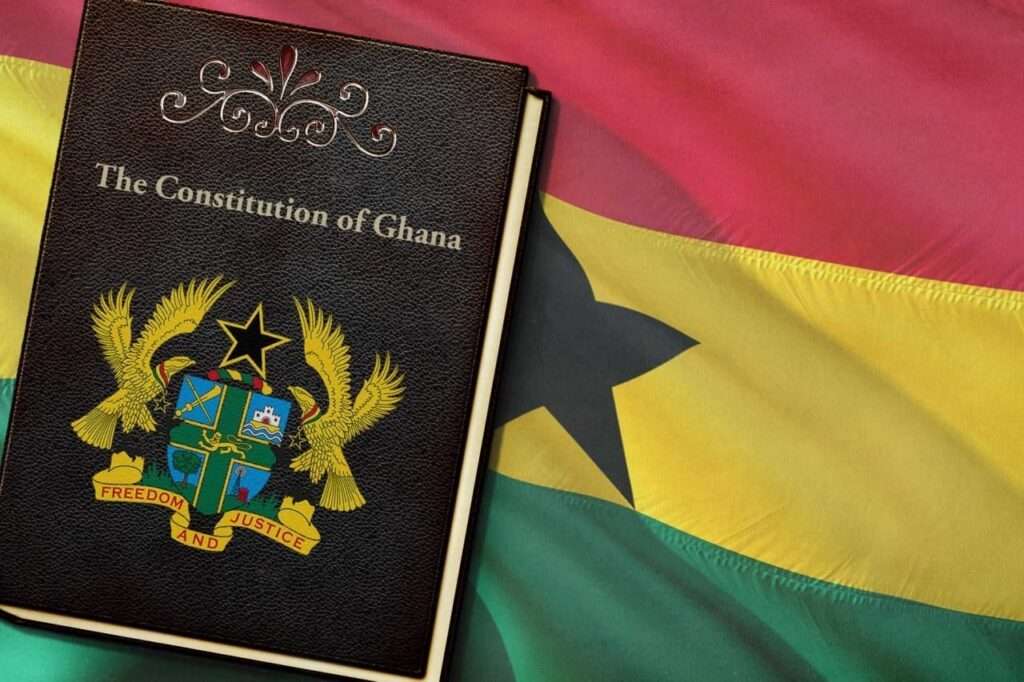
He stressed that it must never be allowed to grow, take root, or fester unchecked.
Boakye also condemned Ablakwa’s stance, saying it was dangerous for the Minister to claim that a simple MOU did not require parliamentary oversight, especially when the Supreme Court has already ruled on a similar matter.
“President Mahama and Hon. Ablakwa can therefore not hide behind the form of the agreement being an MOU, to claim it is not a full-blown agreement and the same would be submitted to parliament later, when in substance, the President has already operationalized the MOU by receiving a number of these deportees into the Republic.”
Henry Nana Boakye
Cabinet Decisions Versus Supreme Court Authority
Nana Boakye criticized Ablakwa for placing the views of the Attorney General and Cabinet discussions above the binding authority of the Supreme Court.
He argued that such actions undermine the precedent set by the nation’s highest court, which was upheld by a seven-member panel led by then-Chief Justice Sophia Akuffo.
He pointed out that neither the Attorney General nor the Cabinet had the authority to override the clear interpretation of Article 75 provided by the Supreme Court.

By ignoring this ruling, Nana Boakye accused the Mahama administration of displaying reckless disregard for the Constitution, Parliament, and the judiciary.
According to him, the decision to proceed with the deportee agreement without parliamentary ratification is not only unconstitutional but also sets a dangerous precedent for executive overreach.
He vowed to use every legal means to protect Ghana’s democratic framework.
“This case is about defending the integrity of our Constitution and ensuring that no government, regardless of its political color, is allowed to undermine the rule of law.”
Henry Nana Boakye
As tensions rise, all eyes will now turn to the Supreme Court, which will once again play a pivotal role in determining whether Ghana’s constitutional boundaries have been breached and how far the Executive can go in shaping international agreements without legislative oversight.
READ ALSO: Deutsche Bank Lifts 2026 Gold Price Forecast to $4,000




